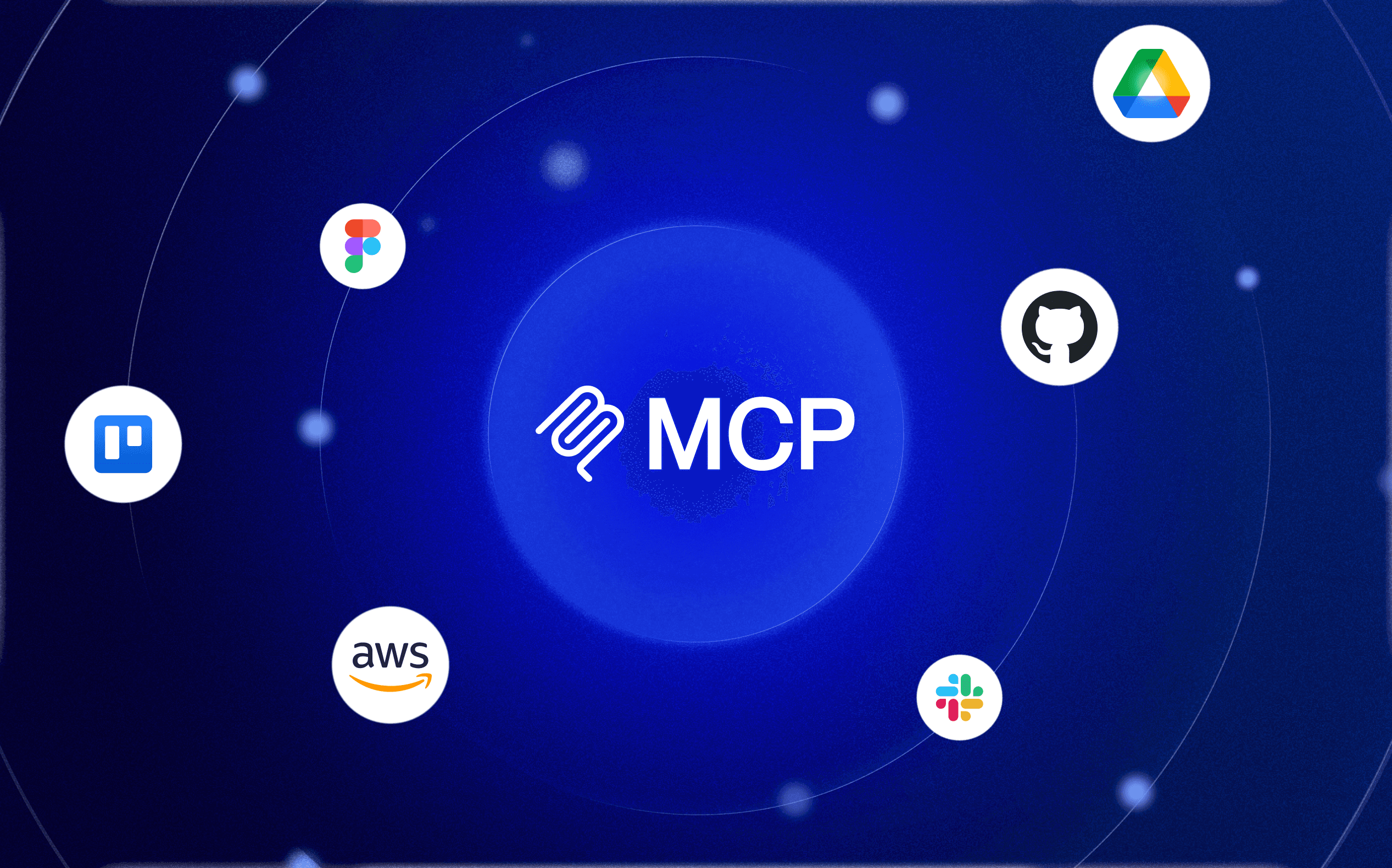Product-led Growth : the power of demonstrating value from the start
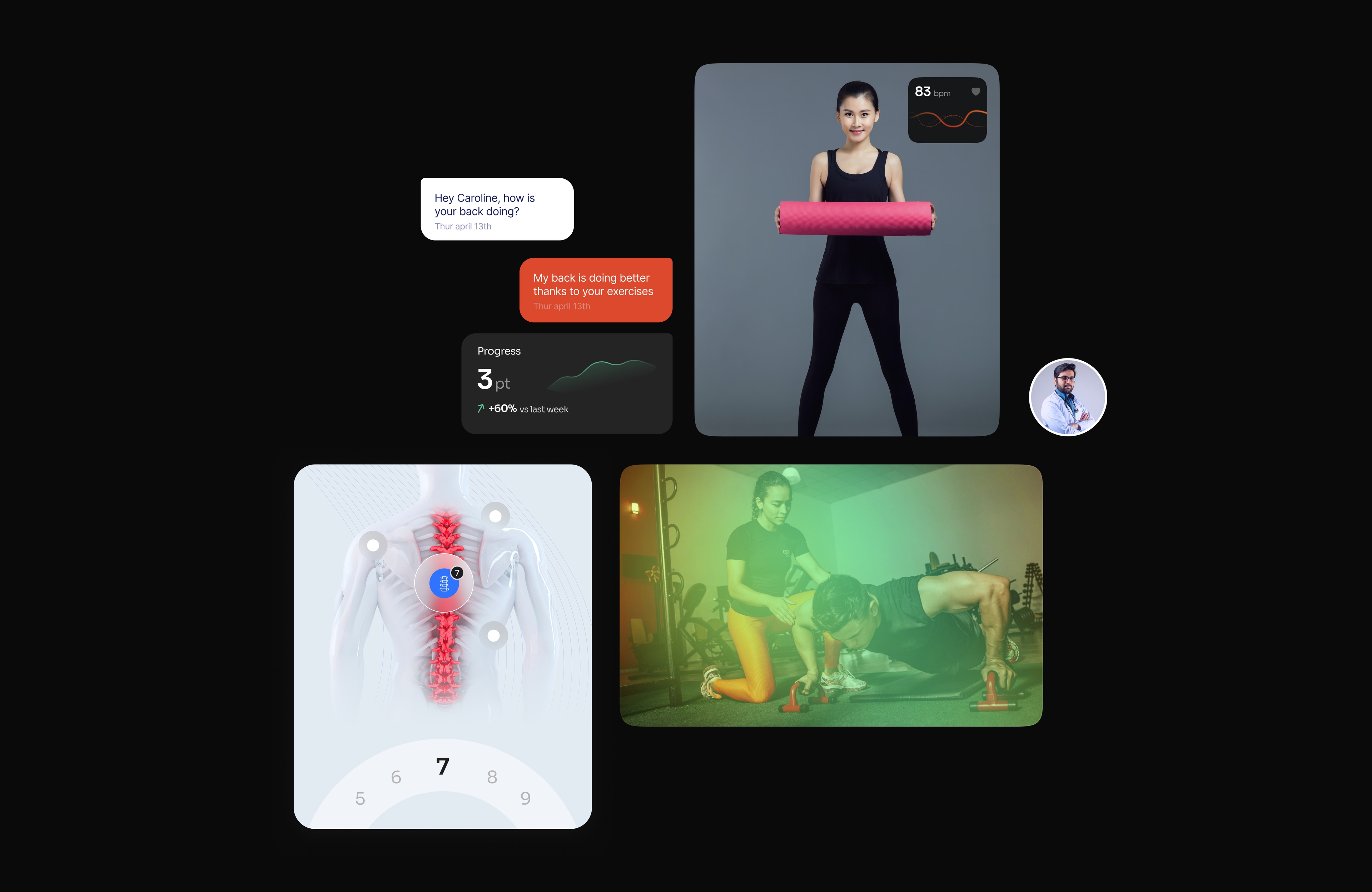
Table of contents
- Unlocking success for healthcare companies: the power of demonstrating value from the outset
- The power of viral expansion and word-of-mouth advocacy in Product led-Growth
- Feature sharing, referral programs and incentives: lighting the viral fire!
- Data-driven evolution: optimizing the product experience through iteration
- Conclusion
In the first part of our series of articles on Product-led Growth for healthcare companies, we found out what PLG is, where it comes from and how adopting a user-centric approach is the best way to deliver a seamless patient experience and encourage treatment adherence.
Let's continue our journey by addressing two other key aspects of PLG: demonstrating value from the outset and understanding your data to deliver rapid iterations of your product!
Unlocking success for healthcare companies: the power of demonstrating value from the outset
In the product development landscape, one principle stands out as a true driver of change: demonstrating tangible value from the outset. This concept is not just a strategic choice; it's a fundamental necessity for capturing the attention and loyalty of today's demanding users.
The imperative of immediate value
In a world of volatile attention and abundant choice, the need to make an impact quickly has never been more crucial. Users, whether of consumer apps or specialized healthcare solutions, are looking for immediate gratification and a clear understanding of how a product meets their needs.
Apple currently forces apps to stop using connections if the value doesn't necessarily require it.Apple is known for paving the way for new user journeys, imposing its strict guidelines. These new guidelines, while sometimes seeming excessive, are still aimed at improving the user experience by preventing dark patterns from becoming the norm. This means that applications must demonstrate and deliver value to users as quickly as possible.
Good integration, free features, trials and demos: paving the way to understanding
The journey to success begins by providing users with the means to experience the value of the product for themselves. An application integration must be clear and engaging. By using small gamification tricks, an app can immediately present its value, while demonstrating how easy it will be for the user to benefit from it.
This can also take the form of free features, trial versions or interactive demonstrations enabling users to quickly understand how the product can solve their problems or meet their needs.By removing barriers and offering a glimpse of what the product can achieve, developers pave the way for a deeper connection with their audience.
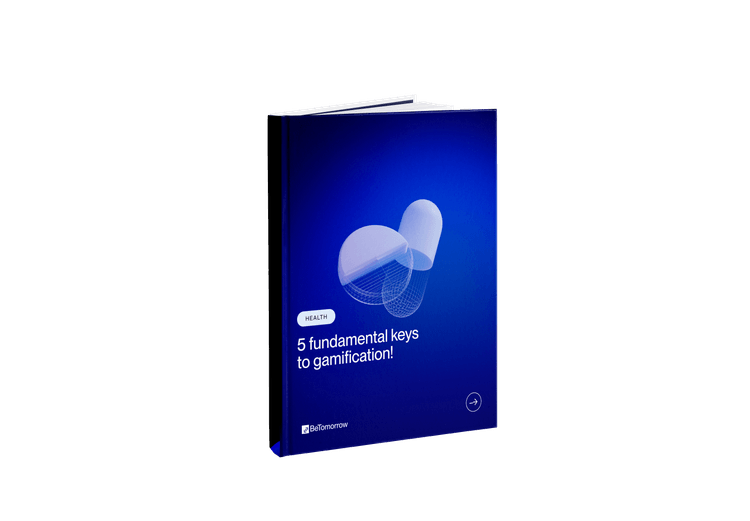
From theory to practice: a real-life example from a healthcare company
Consider the development of a mobile application designed to complement a medical treatment. The immediate value here is twofold:
Improve treatment compliance.
Enable users to actively manage their health.
With functionalities for monitoring side effects, tracking disease progression or providing real-time updates on symptoms, the app becomes a tangible demonstration of value!
Nurturing long-term commitment
The impact of demonstrating value from the outset goes beyond the initial user interaction. By offering immediate solutions to users' challenges, the product lays the foundations for long-term commitment and loyalty, just as Apple manages to do with its customers. Users who experience rapid success are more likely to explore additional features, invest time in understanding the intricacies of the product and, ultimately, become ambassadors for the solution.
Value as a guiding principle
The principle of demonstrating value from the outset is not just a trend, but a means to success. Whether through intuitive functionality, exceptional integration, accessible testing or the ability to immediately present the value of innovative healthcare applications, it's a powerful strategy for capturing and retaining a base of satisfied patients or healthcare professionals. For developers and product strategists, adopting this principle is not just a choice, it's the key to lasting success!
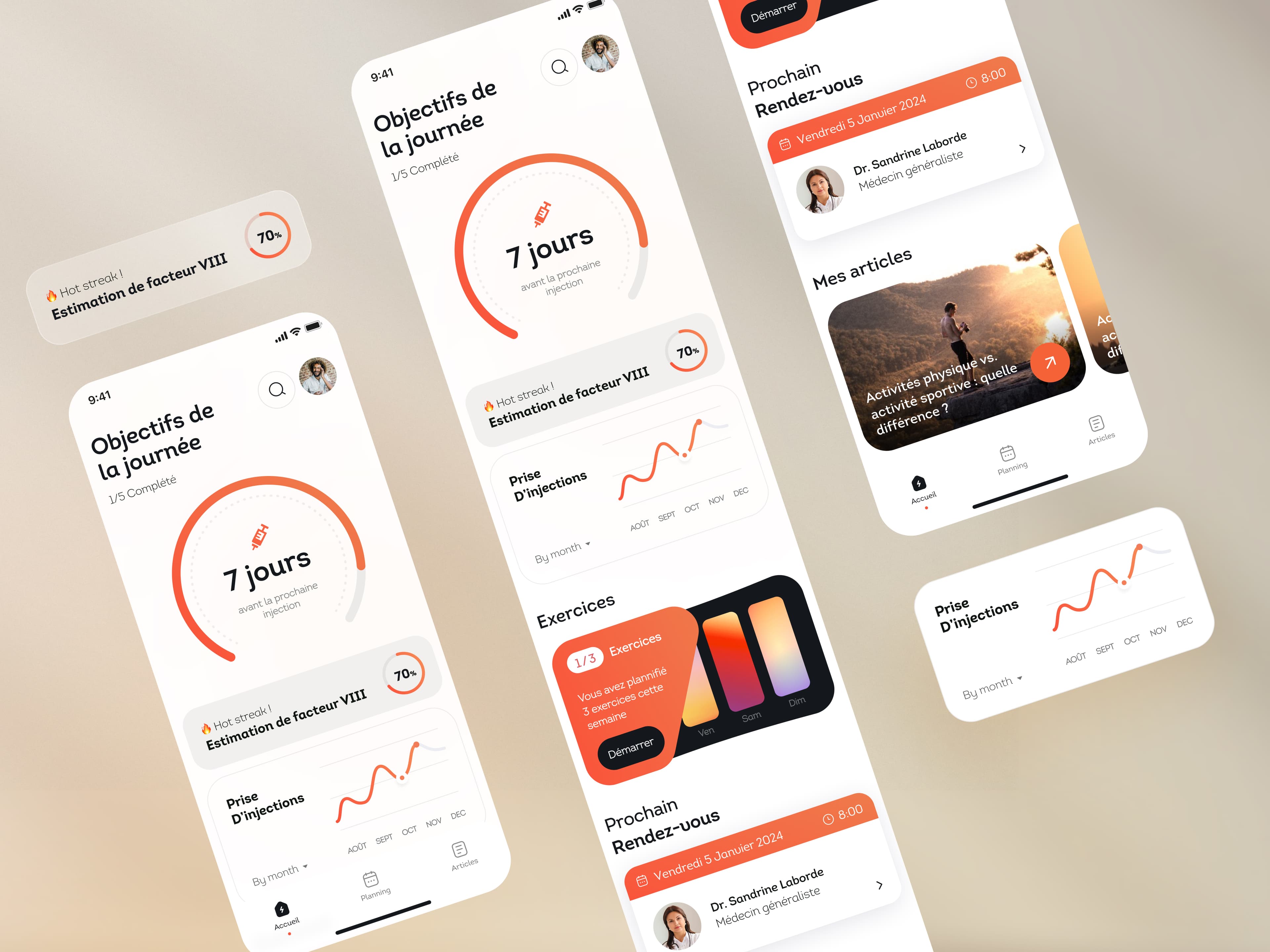
The power of viral expansion and word-of-mouth advocacy in Product led-Growth
A third key feature of Product led-Growth is viral expansion and word-of-mouth advocacy. This dynamic strategy harnesses the enthusiasm of existing users to organically fuel the product's reach and influence.
Harnessing the power of viral expansion
At the heart of viral expansion lies the transformation of satisfied users into ambassadors. By offering simple ways for users to share their positive experiences, whether via social networks, recommendations or incentive programs, developers can trigger a domino effect that exponentially amplifies the product's reach.
Feature sharing, referral programs and incentives: lighting the viral fire!
The journey to viral growth begins by equipping users with the tools they need to spread the word!
Sharing features, integrated recommendation programs and enticing incentives to invite new users all play a crucial role in facilitating this organic expansion. As satisfied users share their experiences with friends, family and colleagues, the product gains momentum and visibility in the marketplace.
Hotmail achieved this by adding the phrase " Sent by Hotmail " to the end of every e-mail sent via their client. Dropbox, in a world where data storage was scarce, encouraged its users to invite friends and family by giving them free extra space on their Dropboxes.
Viral expansion: involving patients and healthcare professionals
When it comes to healthcare products, viral expansion goes beyond patient communities to include healthcare professionals. The key to unlocking viral potential lies in seamlessly integrating the product into their daily workflows and professional tools. By integrating naturally into their routines and improving efficiency, healthcare companies become natural advocates, stimulating adoption and use within their networks.
Cultivating a community of ambassadors
The real power of viral expansion lies not only in acquiring new users, but also in fostering a sense of belonging. By nurturing relationships with ambassadors and offering platforms for user-generated content (UGC ) and discussion, developers can transform passive users into active participants in the product ecosystem.
Adopt a viral mindset
In today's society, we are inundated with product-related information seeking to attract consumers' attention. Virality and word-of-mouth advocacy offer a powerful formula for sustainable growth. By prioritizing user satisfaction, integrating smooth sharing features and nurturing a community of ambassadors, developers can unleash the full potential of viral expansion, propelling their product to new heights.
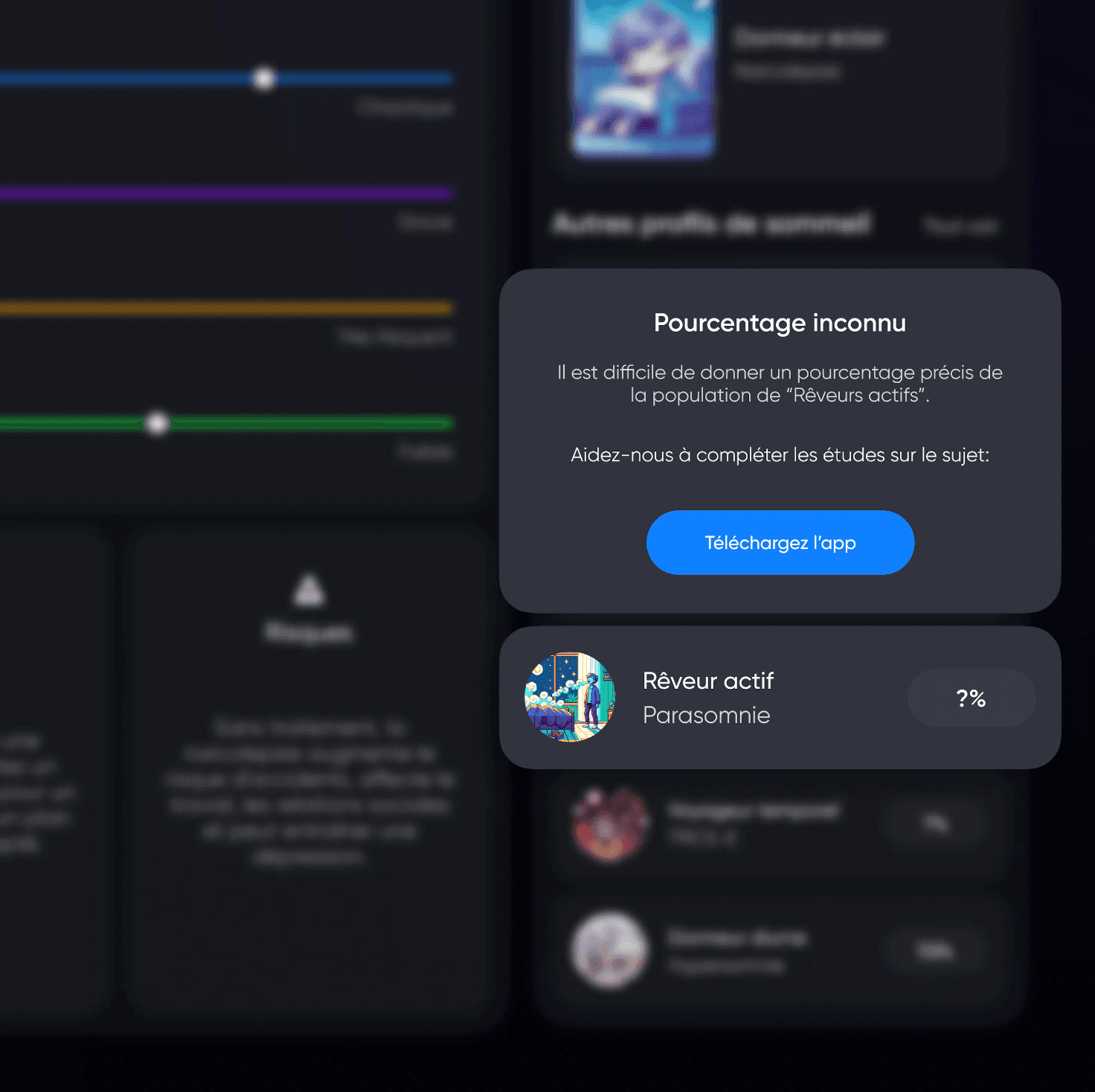
Data-driven evolution: optimizing the product experience through iteration
Leveraging data for continuous improvement
At the heart of data-driven iteration is the continuous search for improvement. By leveraging data and conducting in-depth analysis, developers can gain a deeper understanding of user behavior and preferences. Armed with this knowledge, they can iterate quickly, addressing friction points and optimizing the product experience to better meet user needs.
A/B testing, user surveys and path analysis: the power of data in product evolution
The road to product optimization begins with robust data collection and analysis. A/B testing allows developers to experiment with different features and designs, while user surveys provide valuable qualitative information on user preferences and friction points. Meanwhile, journey analysis offers an overview of the user experience, identifying areas for improvement and optimization.
The regulatory perspective: navigating data collection with care
In industries such as healthcare, where regulatory considerations are important, data collection must be approached with care and intelligence. By ensuring regulatory compliance while collecting valuable data, developers can unlock a multitude of benefits for all stakeholders involved.
Unlocking value for patients, healthcare professionals and pharmaceutical companies
The benefits of data-driven iteration go far beyond product improvement; they translate into tangible value for patients, healthcare professionals and pharmaceutical companies. Patients benefit from a deeper understanding of the product's value and a personalized experience tailored to their needs. Healthcare professionals can optimize their time and focus on their high value-added activities, while pharmaceutical companies can better understand and respond to their customers' needs.
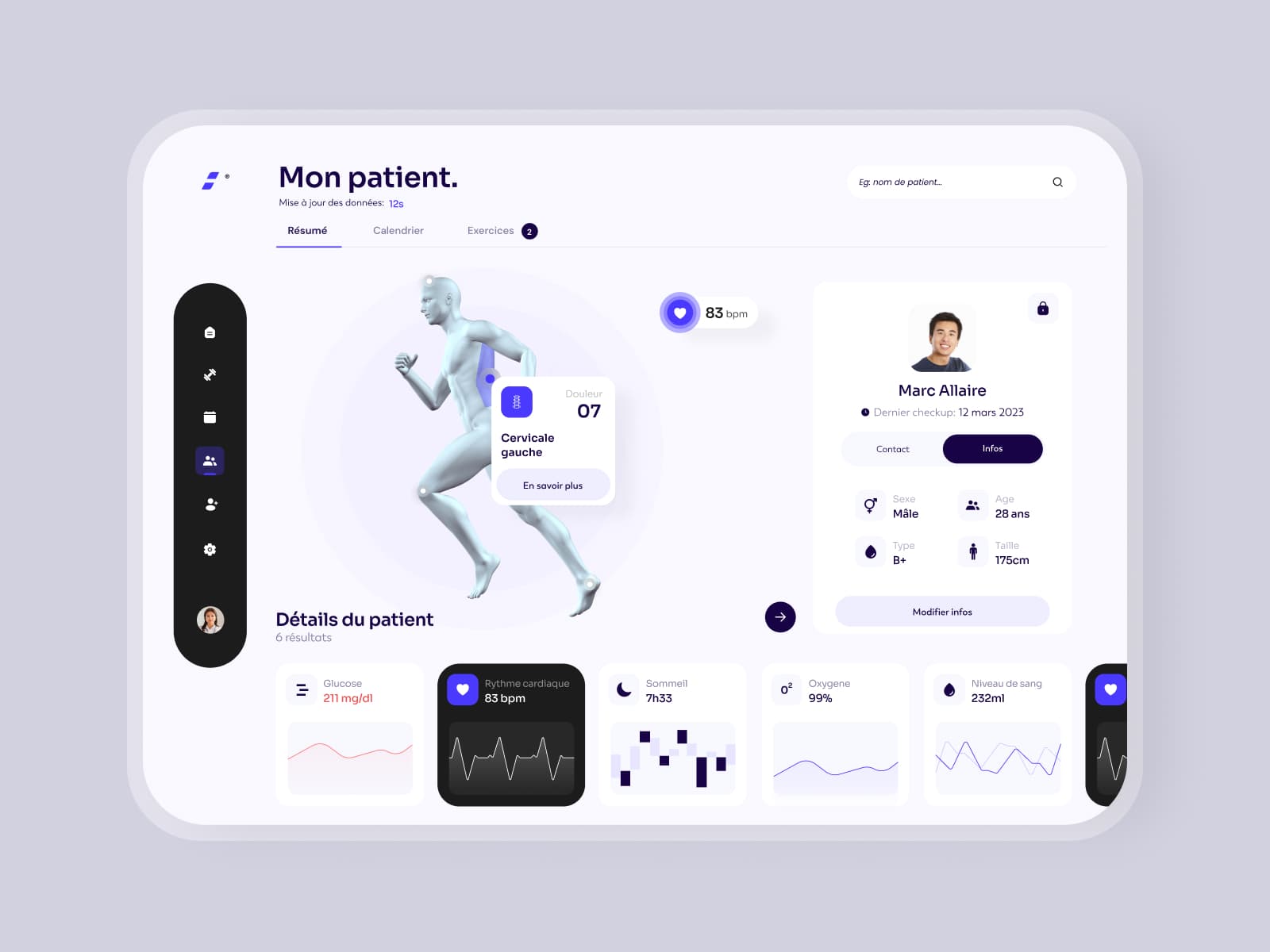
Adopt a data-driven approach
In a world where user expectations are constantly evolving, data-driven iteration offers a powerful tool for staying ahead of the curve. By harnessing data to understand user behavior, identify friction points and optimize the product experience, developers can unlock untapped potential and drive sustainable growth. In doing so, they are paving the way for a future where products are not just functional, but truly transformative.

Conclusion
In the final part of this series of articles on Product-led Growth in healthcare, we'll see how monetization is an aspect that needs to be very well thought through in order to achieve customer retention, virality and improved Customer Lifetime Value!

